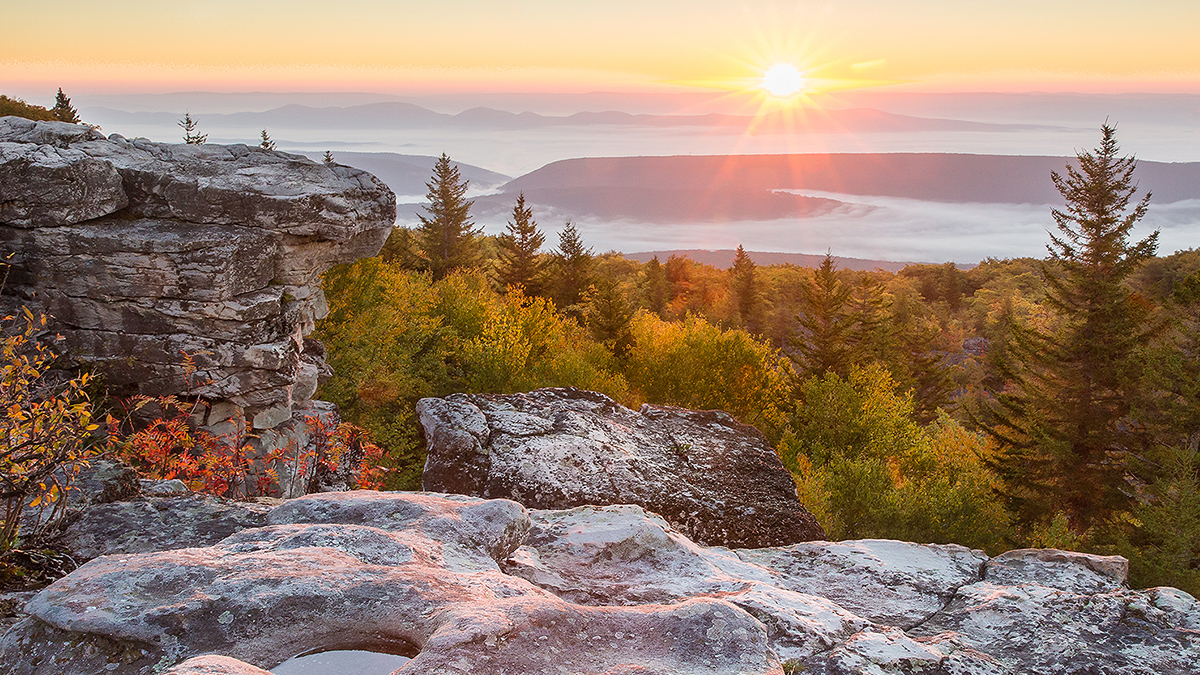We look for ways to reduce disturbance from our activities on land and ecosystems and, over 70 years, have returned thousands of acres to their natural state after pipeline and facility construction is complete. We undertake field studies and engage with stakeholders and Indigenous groups to develop specific environmental protection plans to conserve and protect natural resources throughout construction and operation of our facilities.
Land restoration
Before we start work, we systematically assess the interaction of our activities with terrestrial and aquatic habitats, developing protection and restoration plans project by project, often with stakeholder and rightsholder input. We are sensitive to natural resources — such as plant, wildlife and waterways — that are sacred to Indigenous peoples. We engage with knowledge holders to seek the best way forward.
Land and ecosystem disturbance is inevitable when TC Energy undertakes major capital projects, but we look for ways to reduce the impacts from our activities on land and ecosystems. Nature takes over quickly; plants bloom and wildlife returns. In part, that's due to our approach to land restoration, seeking to avoid sensitive habitat, mitigating impacts through implementation of best practices and protection plans informed by regulatory requirements and engagement with stakeholders and Indigenous groups, keeping a close eye on wildlife interactions during construction, and even delaying work while wildlife is migrating or nesting.
Learn more
Biodiversity
North America has a rich and biodiverse landscape of mountains, forests, native prairie, wetlands, river valleys, and farmland. Due to our scale, we span almost all of it. We are constantly reminded of the possibility of habitat loss and strive to mitigate and minimize our impacts through adoption of best practices and comprehensive environmental management systems. Having clear metrics and targets for our commitments is essential to our performance-based management. We align our efforts with global, market-led standards and frameworks to report on biodiversity.
Biodiversity-related metrics are reported in alignment with the SASB Oil & Gas Midstream Standard, and we are evaluating new frameworks and guidance including the UN Convention on Biological Diversity (CBD), GRI Biodiversity Standard and the Kunming-Montréal Global Biodiversity Framework (GBF). In addition, joining the TNFD Forum continues to advance our knowledge and expertise in reporting and acting on nature-related risks, impacts and dependencies.
To demonstrate our commitment to environmental protection, we have set metrics and targets related to leaving the environment as we found it. To view our progress and performance, read our latest Report on Sustainability.
Learn more




